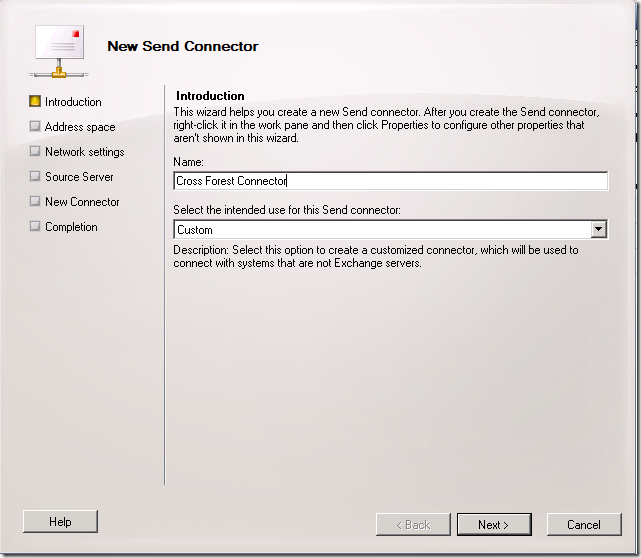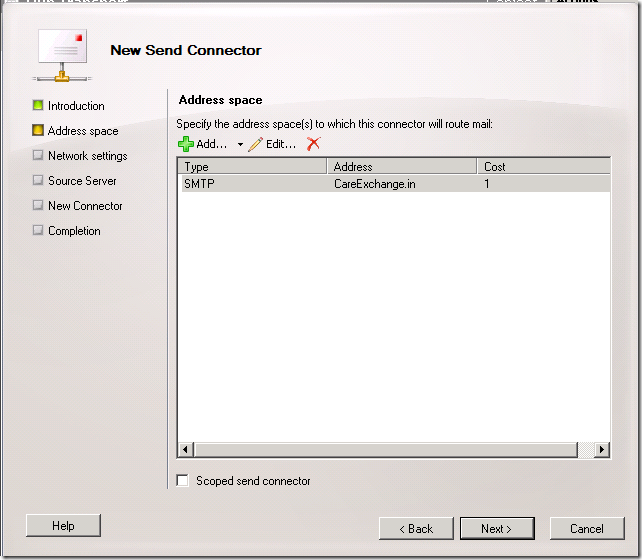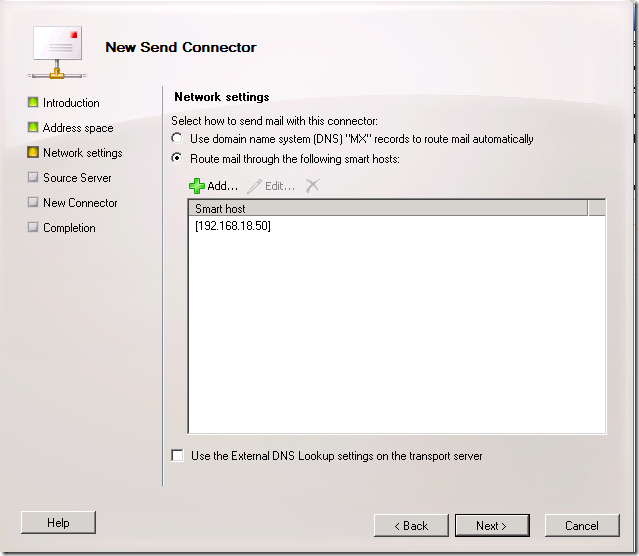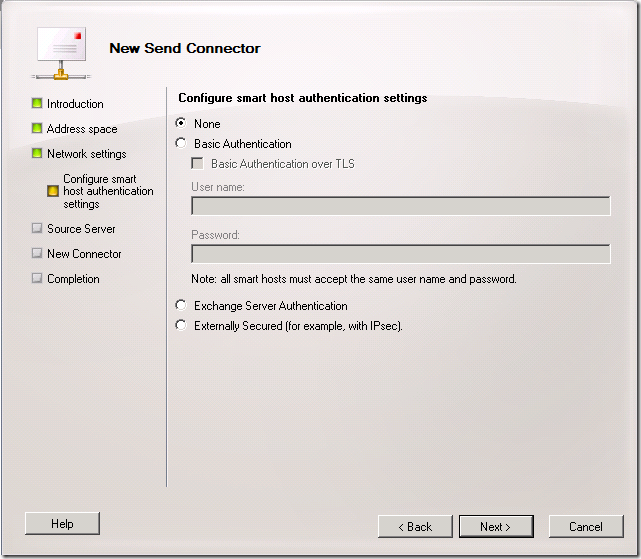Source Domain – CareExchange.in
Target Domain – TargetExchange.in
Lets say CareExchange.in is migrating mailboxes across forest to TargetExchange.in
For Exchange TestUser@CareExchange.in is migrated from CareExchange.in to TargetExchange.in
But still the administrator looks for a solution that TestUser has to receive email of “CareExchange.in” , Until the migration gets over completely. (As Mx Record will be changed only in the end of the migration)
Its kind of setting up cross forest coexistence mail flow between Exchange 2010 and Exchange 2013 Forest.
This process only should be done . when the migration is going to happen for a short period of time . Cause the domain CareExchange.in will be set to internal relay in both the forests . The disadvantage of this process is , if some one sends a email where user doesn’t exist – User wont get a NDR.
If you wish to over come it . We need to introduce an another domain. and set forwarder in the source and internal relay is set only on the target domain . Am not going to go deep about it , in this post.
Configuring Accepted Domains –
First Make Sure – The Domain is Set to Internal Relay (In Source Domain – CareExchange.in)
Organization Configuration – Hub Transport – Accepted Domains – Right Click Properties
And Login to Target Domain – TargetExchange.in
Organization Configuration – Hub Transport – Accepted Domains – Right Click New Accepted Domain
Create a Internal-Relay domain
Configuring Send Connector on the Source Domain (CareExchange.in) –
Note : (CareExchange.in) Email Hits the Source Server . Searches for the user ,
When User Exists , Email is delivered
When user does not exist , Send the email to the target domain .
When User does not exist on source and destination domain , there is NO NDR Gets generated
So try to Have this solution for a short period of time.
Login to Exchange 2010 Server – (Domain – CareExchange.in)
Organization Configuration – Hub Transport – Connectors – New Send Connector
Name – Cross Forest Connector
Intented Use – Custom
Address – CareExchange.in (SourceDomain)
Cost – 1
(If you already have a connector with Cost 1 – No problem , Please continue)
Choose – Route Email Through the following smart hosts
Enter the Destination Exchange Server 2013 IP address.
Make Sure IP is pinging and reachable
Choose Authentication is None
If you wish to use TLS , Follow the below link
http://technet.microsoft.com/en-us/library/bb123546%28v=exchg.141%29.aspx
Now Send Connector is Configured on the source Domain,
Note – If you have SPF Records you should add it as SPAM filter may block while you send from Target domain to source domain
Do add your_domain.com, TXT, “v=spf1 MX:your_smtp_server_name ip4:192.168.0.1/16 ~all”
OR
Create a Send Connector from Target 2013 to Source as we did in Exchange 2010








Dear Satheshwaran,
How the coexistence will happen as MX points to source server .
MX —> Source will forward will user not exist to target.
Partial Migrated Users —> Target will forward if user not exist to source.
In this scenerio, Let say if the email address is not exist in either envirnoment.Email will loop right?
By default it will loop for 30 times and then generate NDR.Do I need to create a transport rule using X-Loop Header Right?
cool article 🙂 Thanks Satheshwaran Manoharan. Kindly include configuration on test email accounts sending intra-forest and from outside the two domains.